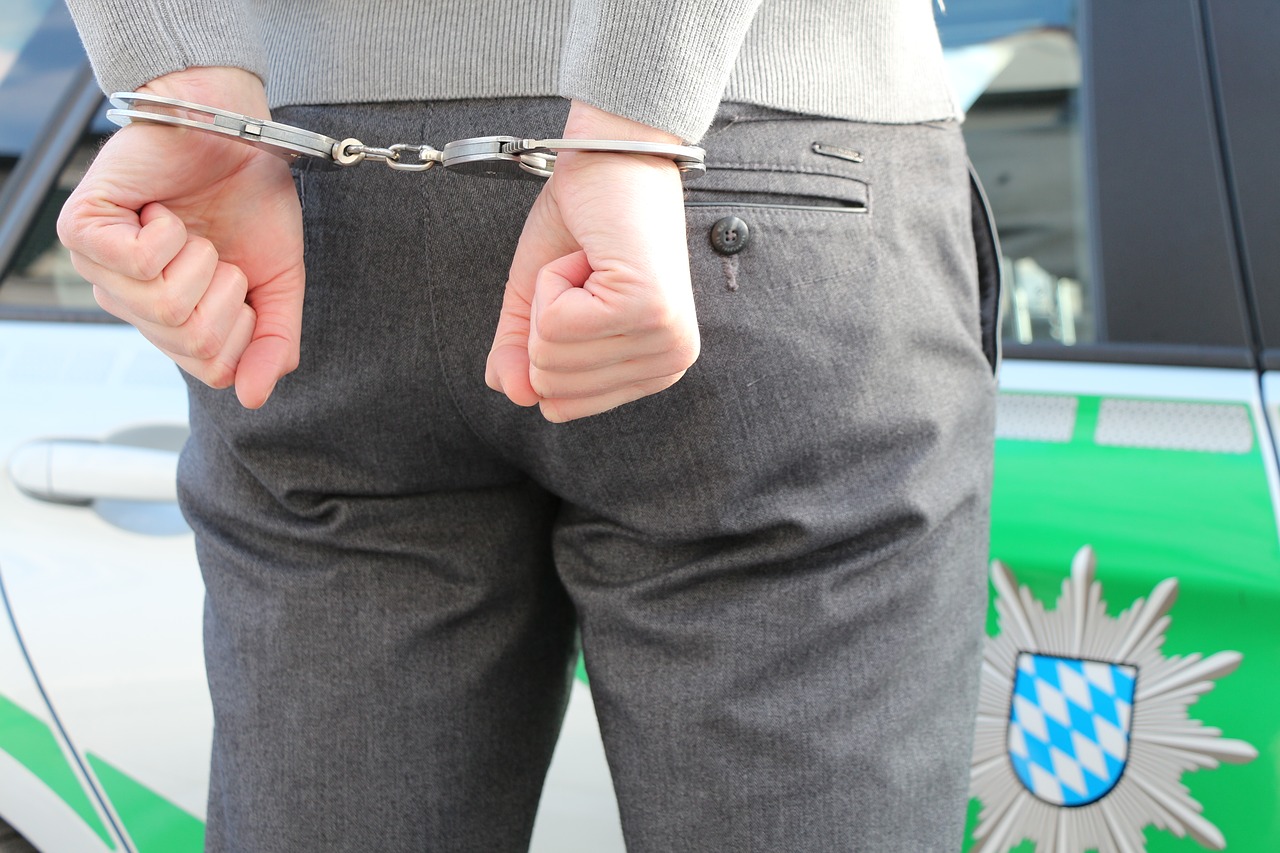Guy Stuff
What Is A Misdemeanor Offense?
Misdemeanor offenses are any criminal offenses that are punishable by less than one year in jail. Misdemeanors are handled differently in each state but are considered less serious than felony offenses.
Differences Between A Misdemeanor and A Felony
Misdemeanor cases differ from felonies in many ways. For one thing, misdemeanor cases don’t have preliminary hearings, and the defendant goes to the judge, pleads their case, and is sentenced without a jury trial. Misdemeanor convictions are served in county or city jail. Lastly, misdemeanors do not carry life-long restrictions, unlike felonies that can restrict where you go and what you can buy.
Misdemeanors can be grouped into degrees or classes based on their severity. If you’ve been wrongfully accused of a misdemeanor offense or have questions about how to protect your rights, read on for more information.
Misdemeanor Classifications
Misdemeanors in Florida are classified as first-degree and second-degree misdemeanors. First-degree misdemeanors are punishable upon conviction with up to one year in jail, and/or twelve months of probation and a fine of $1,000.
Second-degree misdemeanors are punishable upon conviction with up to sixty days in jail and/or a six-month probation term and a $500 fine. The statute of limitations binds Florida law officials to try the alleged crime within two years for first-degree misdemeanors and within one year for second-degree misdemeanors.
Common Misdemeanor Offenses
The following offenses are considered misdemeanors in many states:
- Battery
- Disorderly conduct
- Domestic violence
- Driving with a suspended license
- Driving under the influence (DUI)
- First offense prostitution
- Giving alcohol to a minor
- Loitering
- Petit theft
- Resisting arrest without violence
- Shoplifting
- Vandalism
- Possession of fewer than 20 grams of marijuana
If you’re unsure whether or not your offense falls within the parameters of a misdemeanor in your state, contact an experienced criminal defense lawyer in Pensacola today.
What Should I Do If I’m Charged With A Misdemeanor?
Florida criminal laws can get complicated because they may change from year to year. If you are charged with a misdemeanor, law professionals suggest seeking legal counsel immediately. If you are placed in custody and charged with a felony or a misdemeanor in Florida:
- Do not act as your own defense lawyer
- Exercise your constitutional right to remain silent
- Follow your defense attorney’s recommendations and legal advice
- Insist on your right to have your attorney present during any questioning
- Remember that anything you say can be used against you
Each time you go before the courts for a crime, your freedom is at stake. You don’t have to go it alone, and professional criminal law attorneys successfully defend their clients against misdemeanor charges each day.
Florida Misdemeanor Lawyers Can Help
Florida’s misdemeanor laws are constantly evolving and changing. That’s why Florida criminal defense professionals suggest working with an attorney, even when your charges appear to be minor.
Experienced criminal defense attorneys could have your charges drastically reduced, sealed, dropped, or expunged. The circumstances of your case will ultimately determine its result; however, a misdemeanor attorney can help walk you through the process and understand what’s happening at every stage.
If you’re placed on parole due to your misdemeanor conviction and violate your parole, you could be subject to harsher penalties. Misdemeanor attorneys have experience advocating for their clients before a judge to get the best possible sentence.
A criminal record can be embarrassing and can prevent you from buying a home or securing a new job. That’s why criminal law professionals recommend working with an attorney. Misdemeanor attorneys will use their knowledge of the law and local courts to your advantage.


















Recent Comments